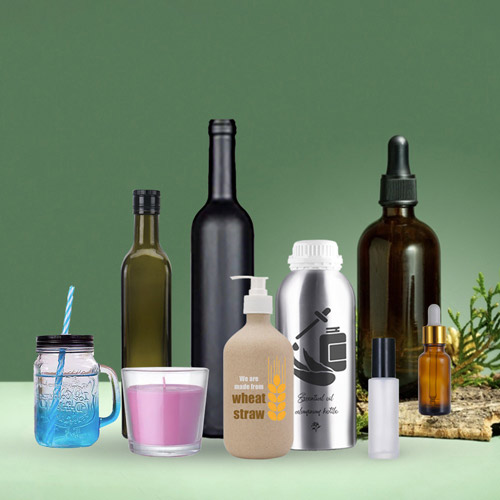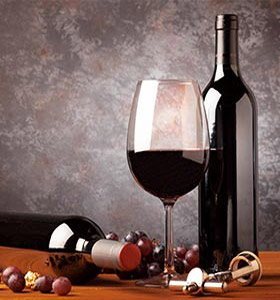Aromatherapy is gaining popularity in the health and wellness industry, with essential oils playing a crucial role in this practice. However, improper storage of essential oils can lead to the breakdown of their chemical components, rendering them ineffective. Whether you're a professional essential oil manufacturer or a brand owner, selecting the right essential oil bottles is essential for customer satisfaction and product quality. In this article, we will guide you on how to choose the most suitable bottles for your essential oils.
1. Plastic or Glass Bottles?
The majority of plastic bottles are unsuitable for packaging essential oils due to the porous nature of plastic. High concentrations of essential oil compounds can interact with and corrode plastic, compromising the purity and effectiveness of the oil. Glass bottles, on the other hand, are chemically inert and do not degrade over time, ensuring the oil's quality remains intact. Glass is also more environmentally friendly and easily recyclable, aligning with sustainable packaging trends.
2. What Color of Bottle to Choose?
Visible and invisible light (UV light) pose the most significant threats during the storage of essential oils, causing oxidation and reducing efficacy. Choosing colored glass, especially those that offer UV protection, helps safeguard the oil's potency. Colors such as black, deep amber, and deep violet are recommended, as they not only shield against visible light but also protect against harmful UV rays. Transparent and frosted glass, however, do little to block UV or visible light. Regardless of the chosen color, it's advisable to store bottles in a cool, dark place.
3. What Types of Bottles Are Suitable?
Four main types of glass bottles are suitable for essential oils: Boston round bottles, dram bottles, Euro bottles, and roller bottles. Boston round bottles are versatile and commonly used, accommodating droppers, reducers, sprayers, and various other caps. Dram bottles, being smaller, are ideal for sampling purposes. Euro bottles, often used with diffusers, allow precise control of oil usage. Roller bottles, equipped with glass or stainless steel rollers, are convenient for direct application to the skin. Consider the specific use case when choosing the bottle type.
4. What Bottle Capacity to Choose?
While essential oil bottle capacities range from 1 to 100ml, 10ml bottles are the most commonly used for pure essential oil packaging. This size is convenient for travel and sampling, appealing to customers who prefer smaller quantities. Larger capacities, such as 100ml, are suitable for diluted oils in products like sprays. The choice of bottle capacity depends on the oil type, customer preferences, and market demands.
5. How to Choose Essential Oil Bottle Accessories?
Essential oil bottle accessories include droppers, sprayers, reducers, rollers, and caps. The selection of accessories depends on the specific usage scenario. For daily skincare, droppers and sprayers are recommended, while smaller bottles with reducers are suitable for sample shipments. Roller bottles are ideal for direct skin application. Regardless of the accessory type, ensuring a secure seal is crucial.
6. How to Seal and Store Essential Oils?
Essential oils should be protected from light (UV and visible), oxygen, heat, and moisture to maintain their efficacy. Choose bottles with reliable seals, and store them in a cool, dark place. Discard essential oils that have expired or changed in odor, appearance, or consistency, as they may cause skin irritation or other adverse effects.
7. Where to Buy High-Quality Essential Oil Bottles?
Recyc is a professional essential oil bottle manufacturer with over 7 years of experience. We offer a wide range of glass bottles suitable for essential oils and can handle small-batch orders. Our design team can create unique and branded essential oil bottles to make your products stand out. Our bottles are durable, provide excellent sealing, and protect oils during transportation. For all your essential oil bottle needs, contact the Recyc team for a one-stop custom solution.
Conclusion:
Choosing the right glass bottle for essential oils requires careful consideration of factors such as usage scenarios, color, sealing mechanisms, durability, and UV protection. Understanding the importance of each element ensures the preservation of the oil's efficacy and therapeutic benefits. For any further questions about essential oil bottles, feel free to reach out to the Recyc team for the best solutions.





